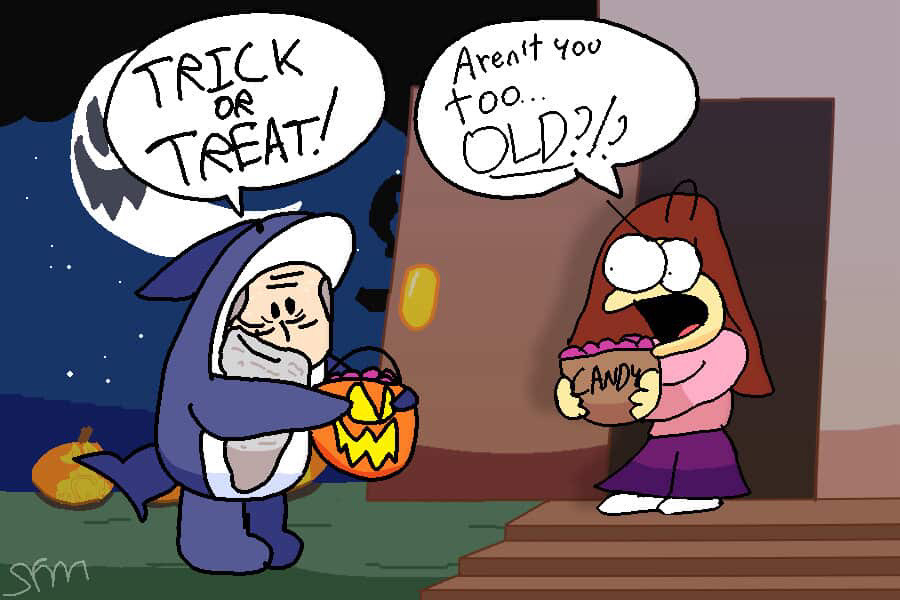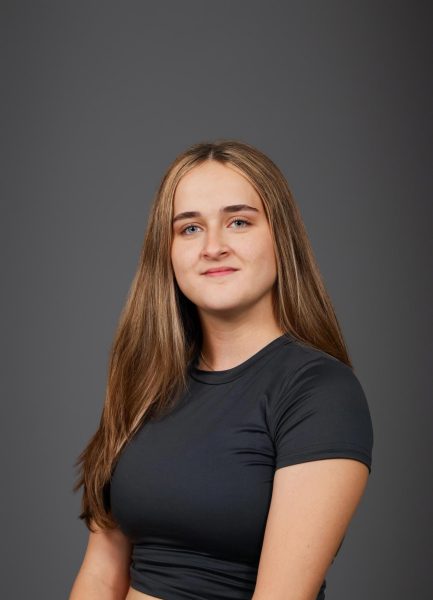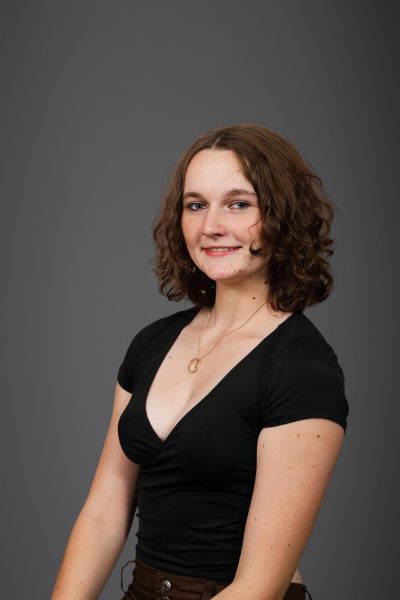Q: Position and how long have you been at CPHS? Have you worked anywhere else?
A: This is my first year here and 12th year in and as a school counselor. I’ve traveled around the country, I was a school counselor for five years in Indiana, a school counselor for four years in Utah and I was an academic advisor at the University of South Carolina, in the engineering and computing department for two years. I was at Lake Travis last year and now I am here.
Q: What made you want to be a school counselor? What’s your journey to becoming a school counselor?
A: Okay, so I had no idea that I wanted to do school counseling until my junior year of college. I went to college as an undecided major, which is typically not something they allow anymore. After my first or second semester, I decided I wanted to major in sociology, but I really had no idea what I wanted to do with that. I knew I liked working with kids, but knew I did not like teaching. So, school counseling kind of came up within a career search that I did. In high school, I thought I wanted to be a forensic psychologist or do something in chemistry, so I was really kind of off-base there. Then, I went to school and got my sociology degree and I went right into my master’s, which was basically like school psychology with an interest in school counseling.
Q: What’s your favorite part about being a counselor at CPHS?
A: I really like the student body here. I really feel that it’s nice and everyone is really supportive of each other and it has good school pride. Everyone’s super polite and in general nice to be around. It’s just nice to be able to go out in the hallway and feel like the kids know each other and that there’s like that camaraderie there.
Q: What do you find most rewarding about being a school counselor?
A: I love watching 14 year olds turn into 18 year olds. That is, it’s such a big and defining time in a kid’s life, students come in as like squirrely freshmen, and they’re coming out of middle school and then, major developmental changes happen between 14 and 18. It’s really neat to see, like, this process happened and helped them figure out what they’re gonna do after high school and start narrowing down their passions and their goals and stuff like that.
Q: What does counseling mean to you?
A: We’re here as a support for students, not just in mental health or the academic world. We’re here as a support in kind of all aspects, you know, where things don’t go exactly as planned. I feel like that’s where we hop in and help guide the student down the path when the path isn’t clear anymore. That’s what I feel like is my job and what I like to do.
Q: How do you prepare yourself emotionally for handling sensitive topics with students?
A: It’s very hard after 12 years, it becomes easier to handle, but there’s definitely stuff that you take home in your heart. I always have hope that everyone’s going to be okay as you get older. Again, because 14 or 18 is such a a like huge development at all time, I feel like the problems that teenagers have are huge, but also in the grand scheme of themes things are smaller. Seeing it from an adult and seeing their problems and being like, okay, this is a huge, huge problem in your world and I know that, we’ll get through it because I can see the other side for you. I have hope that we’ll get through it together. I think having hope, and being able to see things as an adult and know that 99.99999% of things kids can get through the situation.
Q: What steps have you personally taken to ensure the student is as comfortable as possible?
A: I always make sure that they just know that everything in this room is confidential except, if a student is planning to hurt themselves, hurt others, or they’re being harmed. Those are where we don’t have confidentiality, but just making sure that when they come in, they know that they’re gonna be heard. I can be trusted with their secrets and what’s going on with their lives and I’m going to believe them. I think that’s a major thing too, is just that I’m not going to quick question their story or their truth or anything. I always hope just to be a very open person to talk to.
Q: How would you de-escalate serious or tough situations?
A: If a student or a parent or anyone is escalated, we try to do some calming breaths or something at first. Sometimes I’ll ask them questions that aren’t related to what’s going on to kind of help bring them out of whatever escalation they’re in, whenever they’re heightened. I ask them questions that are just really mundane and help their brain detach from this escalation and bring them back into where they can have a regular conversation. Again, I’ve said before, sometimes a student or a parent just needs someone to hear them. They need someone to agree that what they’re going through sucks, and that it’s okay, and even though we can’t do anything about it, maybe I can’t give you a solution, at least I can be like, ‘yeah, that really sucks, and I’m really sorry, and you have every right to be frustrated and angry as you are.’ Having someone else validate your feelings and emotions helps.
Q: When you were in high school, did you visit the counselors office? Have you ever shared experiences with a student?
A: I was a counseling aide for two or three years. I ran passes and hung out in the counseling office. I had a counselor who was my basketball coach, so I went to him a lot to talk about random stuff, but I didn’t ever visit the counselor for anything more than that. Yes, [I have shared experiences with students], I feel like it’s warranted and it’s appropriate in the situation, then I will share little bits of like, ‘hey, I’ve gone through this too,’ or ‘yeah, I know someone who’s [gone through this].’ I think it helps students see that there’s another, there’s a real person on the other side who’s had similar situations.
Q: What’s the most important thing you want students to know about their future?
A: That there’s so many more opportunities now than there ever once before. [I want students] to do their passion and find their passion. I don’t know how to explain that, but there’s more out there than just business or nursing. There’s just this endless array of jobs that they could really, really enjoy. [Students can appreciate] going to their job every day, and that’s a really exciting thing to do.
Q: What are some things you want students to know about you?
A: I’m a pretty open book. I take a very non-judgmental approach to everybody. Not just me, but all counselors have been teenagers and so what you’re going through right now, we can relate to. We might see the other side, we might see a more adult side to it, but we’ve all been there. We’ve all had those high school experiences.
Q: Would you call yourself introverted or extroverted? Why’s that?
A: Definitely introverted. I take the approach of, where do you find your energy? Being in groups of people and in large groups sucks my energy out of me. Even in this job, if I have a busy day, I have to go home and be quiet, which is really hard when you have a four-year-old and a two-year-old. I need to find quiet time in order to re-energize. If you’re extroverted because you find your energy with people and around people and in group situations, I just find my energy at, you know, in quiet spots.
Q: What do you do outside of school? What are some of your hobbies and interests?
A: I don’t have any hobbies, because I have a four-year-old and a two-year-old, so they take up all my time. I do love to cook and I love to bake. If I’m not on the internet doing my own thing, [recipes are] what I’m researching. I love like collecting cookbooks. Usually I’m just wrangling children.
Q: What are some of your favorite tv shows and movies?
A: This could be kind of embarrassing. I like some Bravo shows like Summerhouse, Vanderpump Rules, and The Valley. My husband will go through all the series like Sopranos, Yellow Jackets, Parks and Rec, and Brooklyn Nine-Nine.
Q: Who has been the biggest influence on your life and career?
A: I mean, I think that my older sister is probably my biggest influence and she always has been. I’ve always tried to follow in her footsteps. She has a very different career than I have, she’s in business and in finance. I would also say my younger sister. My older sister’s a lot more practical and pragmatic, and then there’s my younger sister who’s a lot more like heart and like soul. Trying to find the middle of those two, so my sisters, have a very big impact on my career, and all ends in my life.
Q: Do typically all of the counselors here have a masters in some degree linked to counseling?
A: I believe they all have to have masters. Every state is a little bit different, so I got my degree in Indiana and my license in Indiana, and then it just transfers from state to state. In Texas, I know you have to have your masters and if you want to stay in Texas, you have to teach for two years. I didn’t have to do that because I had years of experience. Everyone, I think if they are a school counselor that has been in Texas and got their degree in Texas, they’ve also taught like as a teacher.

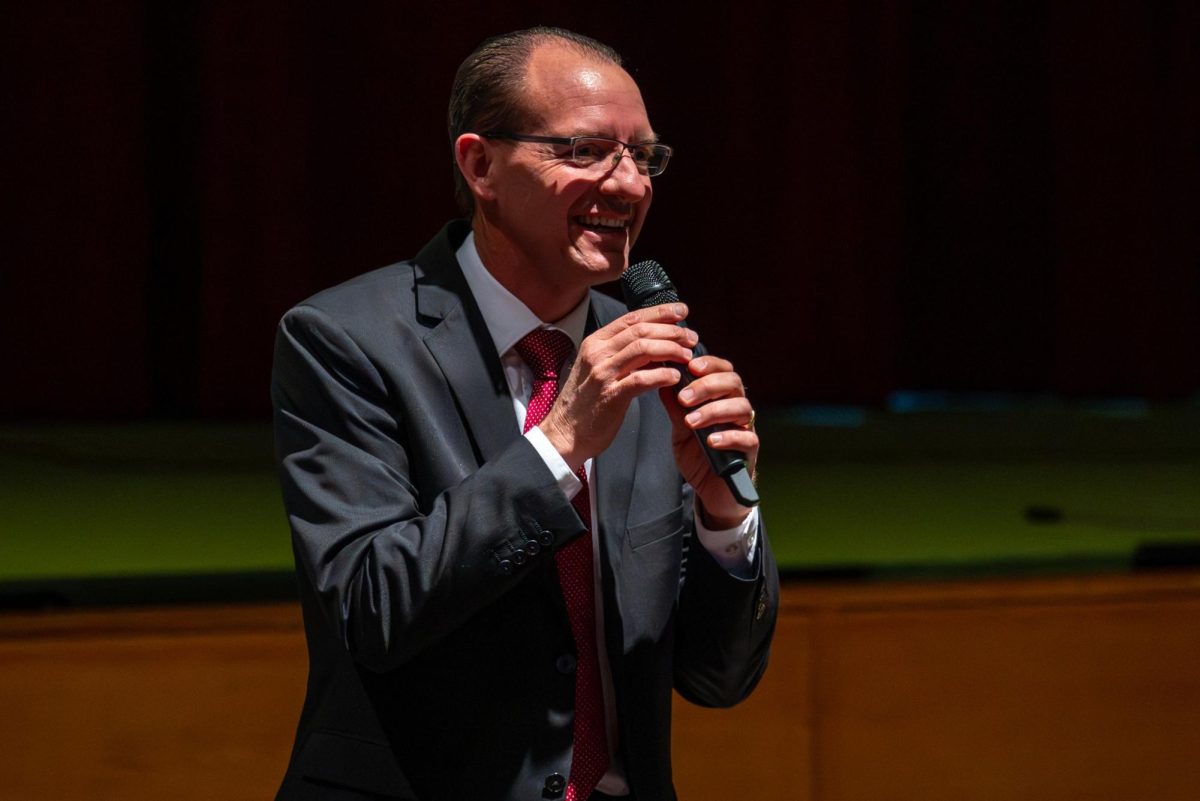
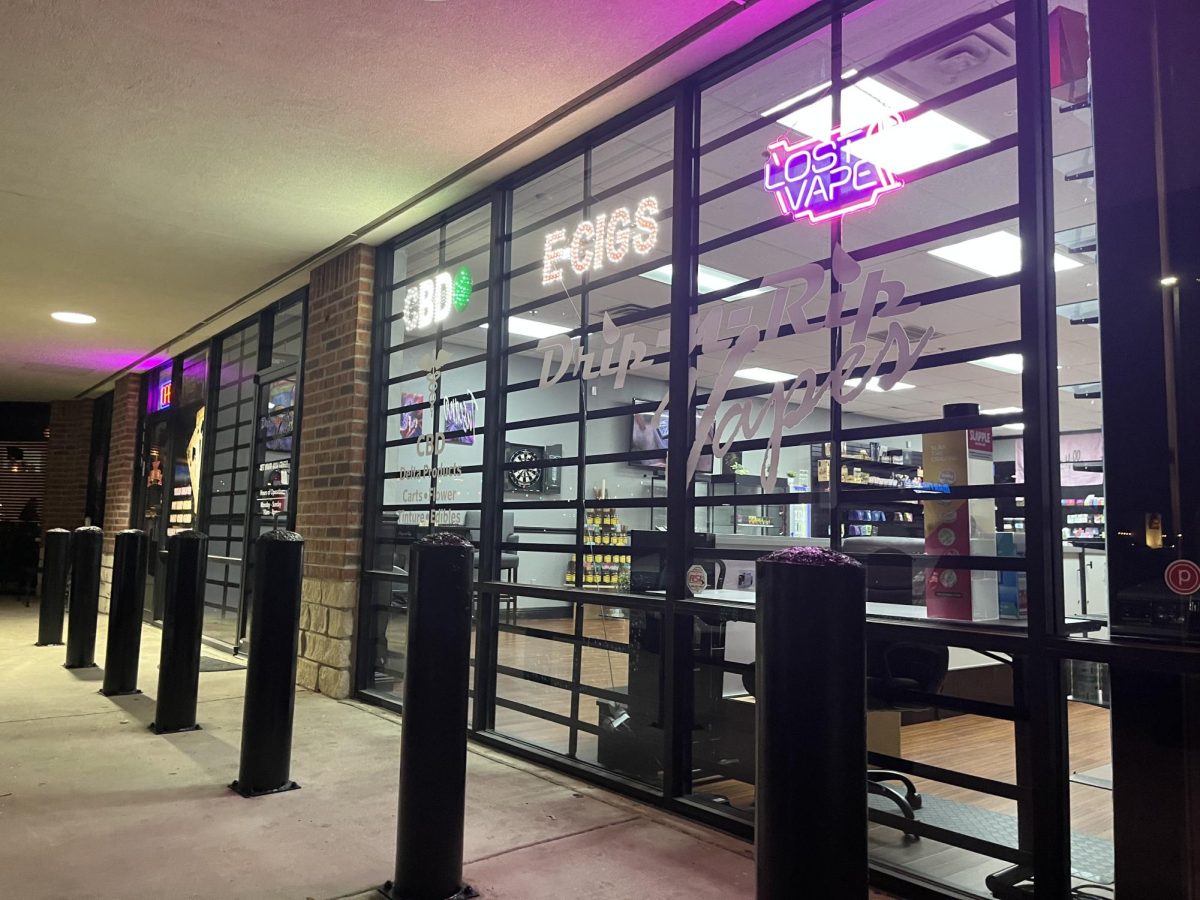
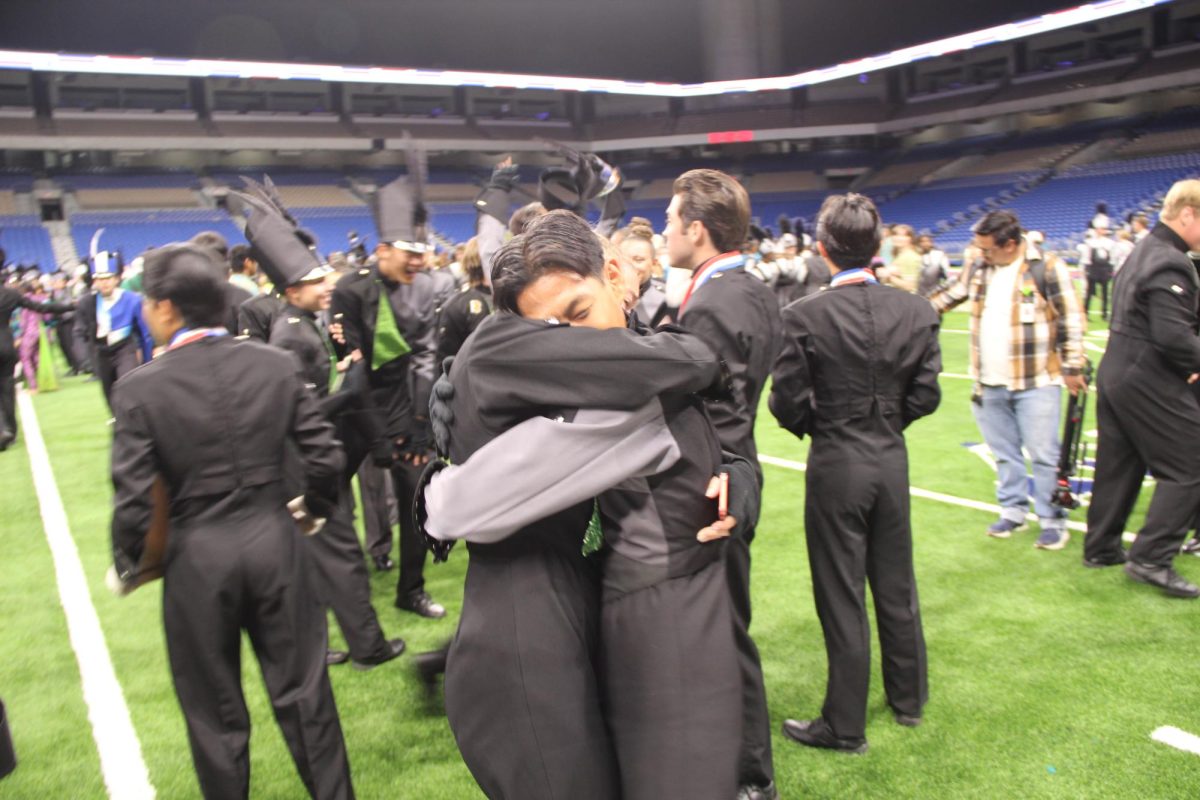
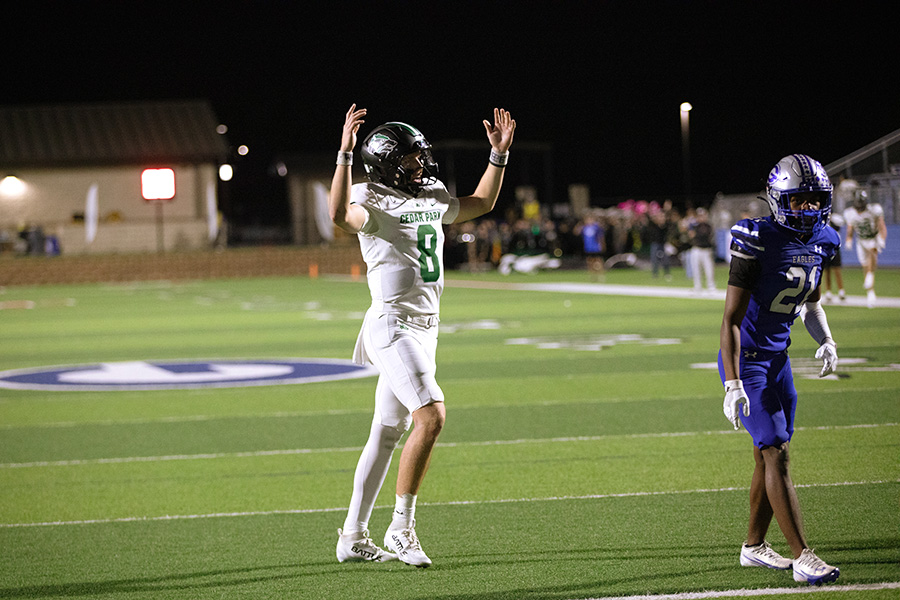
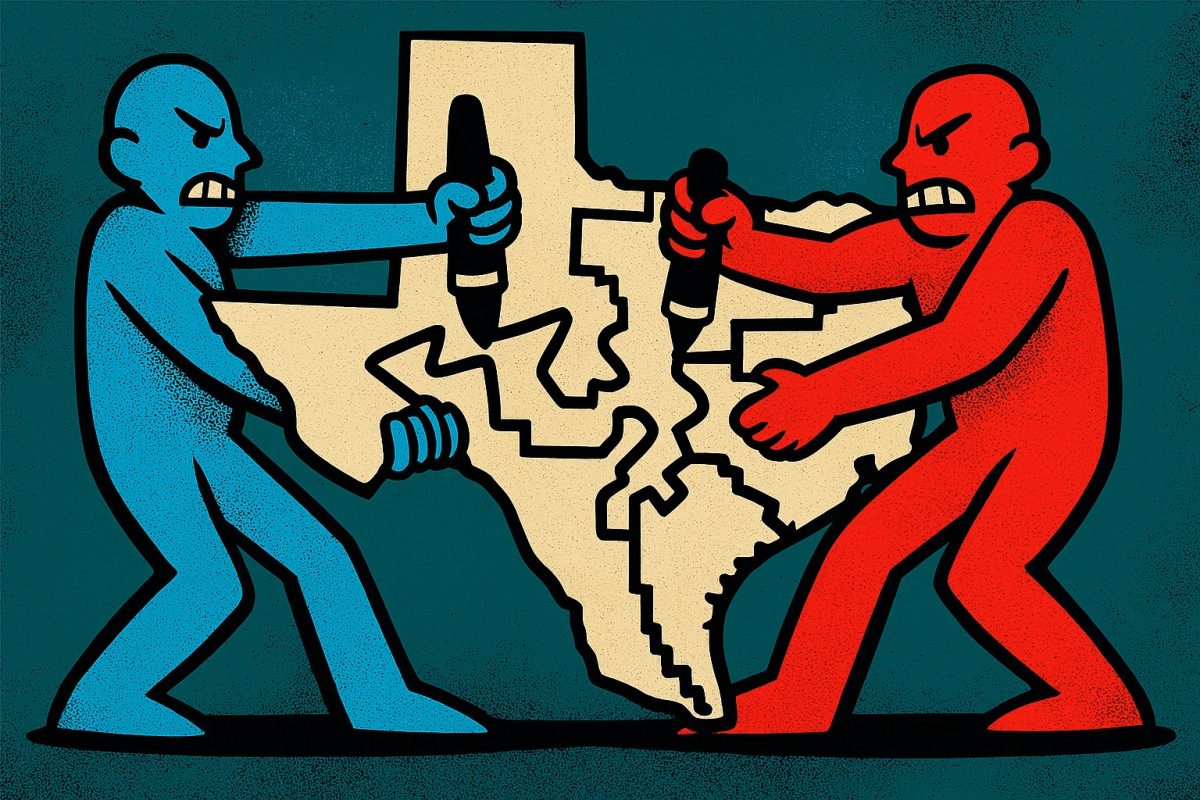
![Senior Jett Mckinney stores all the clothes in his own room, with half of it stored in his closet along with his personal clothes, and the rest taking up space in his room.
“There’s been times [when] there’s so much clothing stored here and it gets overwhelming, so I end up having to sleep somewhere else in the house,” Mckinney said.](https://cphswolfpack.com/wp-content/uploads/2025/11/DSC_0951-1200x800.jpg)
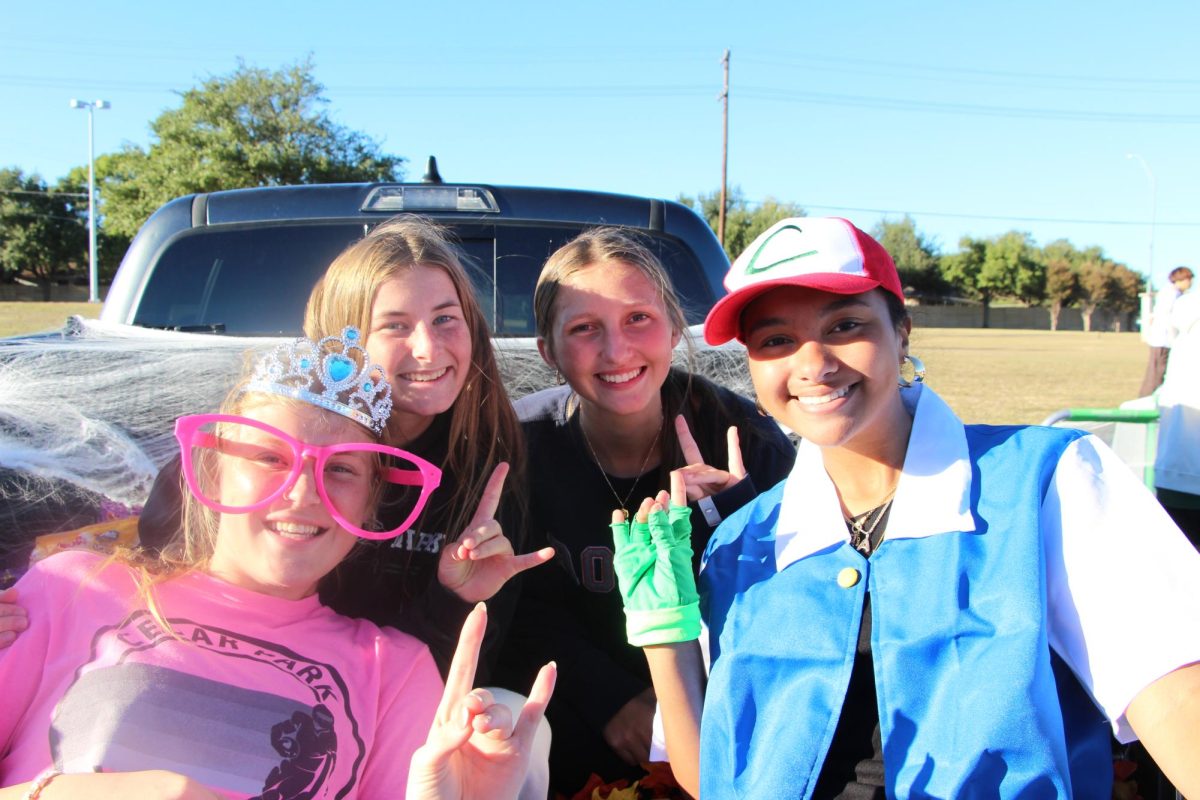


![Broadcast, yearbook and newspaper combined for 66 Interscholastic League Press Conference awards this year. Yearbook won 43, newspaper won 14 and broadcast took home nine. “I think [the ILPC awards] are a great way to give the kids some acknowledgement for all of their hard work,” newspaper and yearbook adviser Paige Hert said. “They typically spend the year covering everyone else’s big moments, so it’s really cool for them to be celebrated so many times and in so many different ways.”](https://cphswolfpack.com/wp-content/uploads/2025/05/edited-ILPC.jpg)

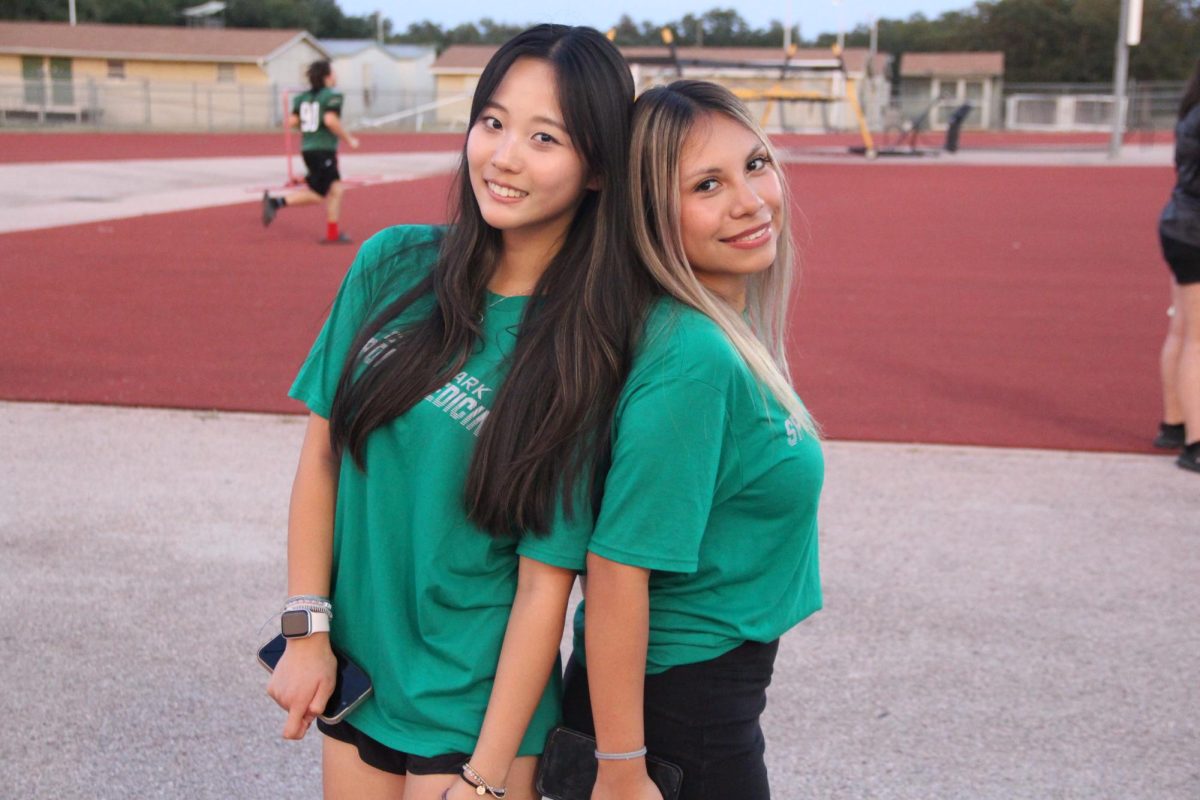


![Looking down at his racket, junior Hasun Nguyen hits the green tennis ball. Hasun has played tennis since he was 9 years old, and he is on the varsity team. "I feel like it’s not really appreciated in America as much, but [tennis] is a really competitive and mentally challenging sport,” Nguyen said. “I’m really level-headed and can keep my cool during a match, and that helps me play a bit better under pressure.” Photo by Kyra Cox](https://cphswolfpack.com/wp-content/uploads/2025/09/hasun.jpg)

![Bringing her arm over her head and taking a quick breath, junior Lauren Lucas swims the final laps of the 500 freestyle at the regionals swimming competition on date. Lucas broke the school’s 18-year-old record for the 500 freestyle at regionals and again at state with a time of 4:58.63. “I’d had my eye on that 500 record since my freshman year, so I was really excited to see if I could get it at regionals or districts,” Lucas said. “ State is always a really fun experience and medaling for the first time was really great. It was a very very tight race, [so] I was a bit surprised [that I medaled]. [There were] a lot of fast girls at the meet in general, [and] it was like a dogfight back and forth, back and forth.” Photo by Kaydence Wilkinson](https://cphswolfpack.com/wp-content/uploads/2025/03/Kaydence-2.7-23-edit-2.jpg)
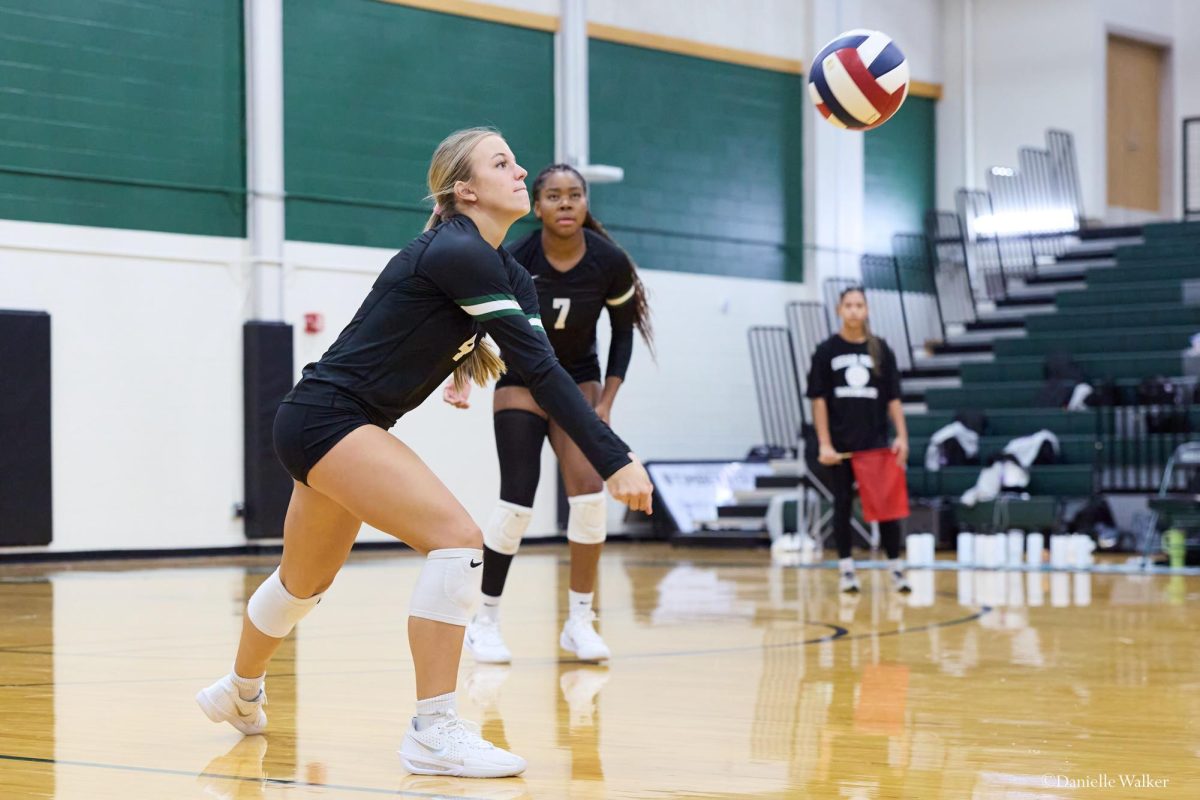

![As her hair blows in the wind, senior Brianna Grandow runs the varsity girls 5K at the cross country district meet last Thursday. Grandow finished fourth in the event and led the varsity girls to regionals with a third place placement as a team. “I’m very excited [to go to regionals],” Grandow said. “I’m excited to race in Corpus Christi, and we get to go to the beach, so that’s really awesome.” Photo by Addison Bruce](https://cphswolfpack.com/wp-content/uploads/2025/10/brianna.jpg)

